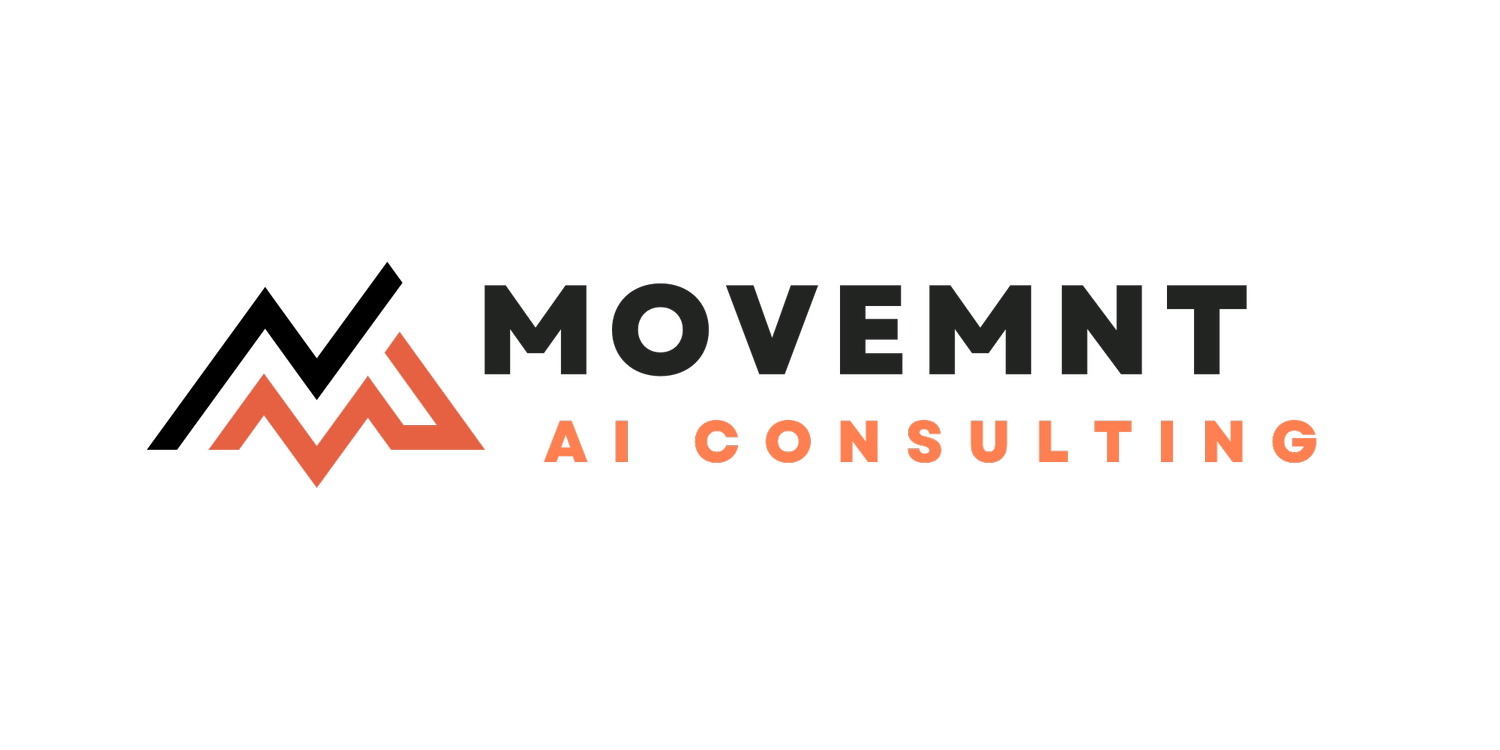Automated Client Research with Apify Web Scraping and Make.com
Client: B2B Solo Consultant Targeting Enterprise Accounts
Industry: Sales Intelligence / Enterprise Outreach
Platform: Make.com, Apify, LinkedIn, HubSpot, OpenAI, Google Sheets
Time to Build: 20+ hours
Time Saved: 10+ hours per week
Consulting Partner: Lumio Consulting
Project Overview / Problem
The client, a sales-driven B2B consultant, needed a way to enrich their CRM with more meaningful, actionable data before conducting outreach. The consultant was manually visiting company websites, searching for executive team members, copying data from LinkedIn, and trying to create lead briefs in spreadsheets—all before sending the first email.
With over 500 target companies, this process was a bottleneck. They needed a way to scrape, enrich, summarize, and publish lead intelligence into their HubSpot CRM—without relying on researchers or VAs.
Goals of the Automation
The automation needed to:
Ingest a large list of company websites (from a CSV or Google Sheet)
Scrape those sites to identify C-suite and Director-level employees
Find each person’s LinkedIn profile and extract relevant details
Identify available contact info (email/phone) from public sources
Summarize company background + key decision-makers
Generate an enriched report for HubSpot CRM
Solution Overview / Step-by-Step Breakdown
This Make.com automation leveraged Apify actors, LinkedIn scraping, GPT summarization, and CRM APIs to build fully enriched company records, hands-free.
Step 1: Input List + URL Normalization
The automation began by importing a list of ~500 company websites from a Google Sheet.
URL formatting was normalized (removing tracking parameters, slashes, etc.) to prevent crawl issues.
Step 2: Company Website Scraping via Apify
A custom Apify actor was used to crawl each site and extract:
"Team", "Leadership", or "About Us" pages
Names and titles of executives, directors, and VPs
LinkedIn URLs (when linked) or inferred via name + domain
Step 3: LinkedIn Profile Analysis
For each discovered contact, we used Apify’s LinkedIn Scraper to extract:
Full name
Current and past job titles
Location
Public phone/email (if listed)
Link to LinkedIn profile
Step 4: GPT Summary for Each Contact
OpenAI (GPT-4) generated a short summary of each person’s background:
“CFO with 20+ years experience in enterprise SaaS, focused on finance transformation and cross-border M&A.”
“Director of Marketing with expertise in GTM strategy and B2B demand gen.”
Step 5: Company Overview & Contact Report
GPT was then used again to create:
A 1-paragraph summary of the company
A bullet-point list of all key contacts
A summary paragraph for each contact, including title, expertise, and relevance
Clickable LinkedIn URLs and formatted phone numbers where available
Step 6: Push to CRM + Archive
The full company + contact data was added to:
HubSpot CRM, including:
Custom fields for summaries and contact details
Associated contacts with ownership assigned
A Google Sheet for backup
A PDF report (optional) for offline review
Challenges
We ran into several interesting problems during development:
Inconsistent site structure – “Team” pages vary wildly by company, requiring flexible scraping logic and fallback handling for pages with embedded JavaScript or complex layouts.
LinkedIn limits – To avoid rate limiting, we throttled Apify requests and rotated session cookies via proxy pools.
Contact disambiguation – Matching scraped names to LinkedIn profiles accurately required name + title + company matching logic, with backup fuzzy match scoring.
Summarization tuning – GPT prompts needed refinement to avoid overly vague bios (e.g., “an experienced professional in their field”).
Results / Outcome / Time Saved
After the automation was live, the client was able to:
Ingest and enrich 500+ companies in under 24 hours
Auto-generate dozens of high-quality lead briefs daily
Cut manual research time by over 10 hours per week
Improve HubSpot contact quality and personalization inputs for outbound SDRs
The consultant now has a high-quality, data-enriched list of prospective clients with business summaries, full team insights, and click-to-call links.
Client Feedback
“Before this workflow, I had to do manual research on every prospective client, reading their website, identifying potential C-suite and Director level contacts, then manually try to find the contact information for each person. Now I have an easy-to-read, readily available list of prospective clients I can work through - now I’m the bottleneck.”
Additional Improvements
Since the initial rollout, we’ve made plans to add:
Seniority detection to flag titles like “VP”, “Head of”, “Founder”
Job change tracking using LinkedIn diff detection to notify when contacts change roles
Enrichment confidence scores to flag leads needing manual review
AI-generated outreach hooks based on public posts or recent company activity
Tools, Plug-ins, and Platforms Used
Make.com – Scenario builder and data flow orchestration
Apify – Website + LinkedIn scraping
OpenAI (GPT-4) – Summarization of contacts and companies
Google Sheets – Source data input and log storage
HubSpot API – CRM update and contact association
Integromat PDF Generator (optional) – PDF-style summary reports
Custom Logic – Contact verification, LinkedIn search scoring
